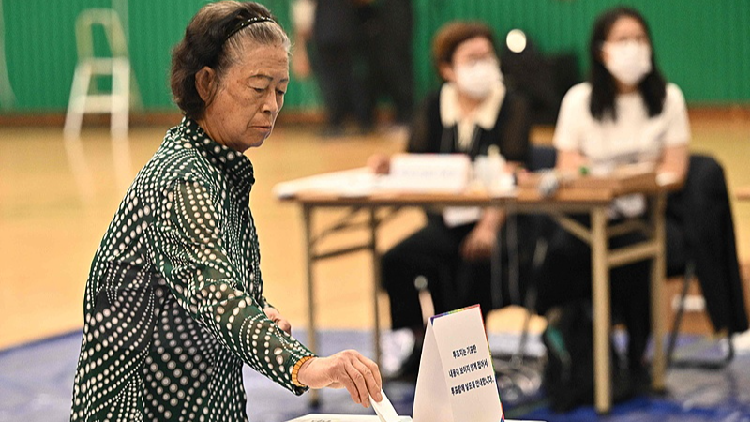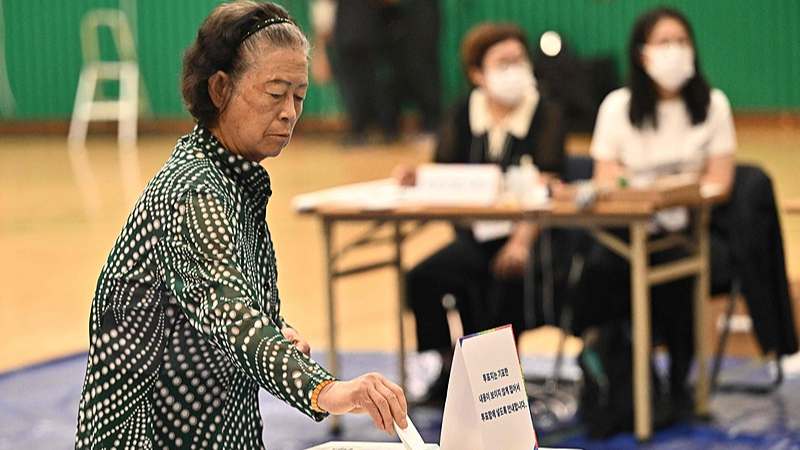South Korea Holds Presidential Election as Citizens Vote to Choose Next Leader
Former President Yoon Suk-yeol's ousting over martial law plans sparks new presidential race in South Korea.


Polls opened early Tuesday across South Korea as millions of voters headed to the ballot boxes to select the country’s next president. The nationwide election, which will run from 6:00 a.m. to 8:00 p.m. local time, is being held at 14,295 polling stations from bustling urban centers to rural communities, highlighting the high level of civic participation expected in this pivotal election.
The presidential race was triggered by a tumultuous chapter in South Korean politics. Former conservative President Yoon Suk-yeol was ousted from office following widespread controversy over his attempted martial law declaration. This unexpected power vacuum has intensified the spotlight on the current electoral contest, with many South Koreans eager to restore stability and trust in the nation’s highest office.
According to the latest opinion polls, Lee Jae-myung, representing the Democratic Party, maintains a significant lead, steadily holding around 50 percent of voter support. His rival, Kim Moon-soo of the People Power Party, trails behind with roughly 30 percent. The clear gap between the two main contenders reflects shifting political sentiments since the last election, when Lee narrowly lost to Yoon by just 0.73 percentage points—the slimmest margin in South Korean history.
This year’s ballot comes on the heels of robust early voting, which took place from May 29 to May 30. Of the more than 44 million eligible voters, an impressive 34.74 percent cast their ballots ahead of Election Day. The strong turnout in early voting is seen as an indicator of heightened public engagement and the critical importance voters attach to this presidential race.
As polling stations remain open throughout the day, all eyes are on whether Lee will secure a decisive victory as projected or if Kim can rally late support to pull off an upset. With the memory of the previous razor-thin result still fresh for many citizens, anticipation is building for what could be a defining moment in the country’s democratic journey.




